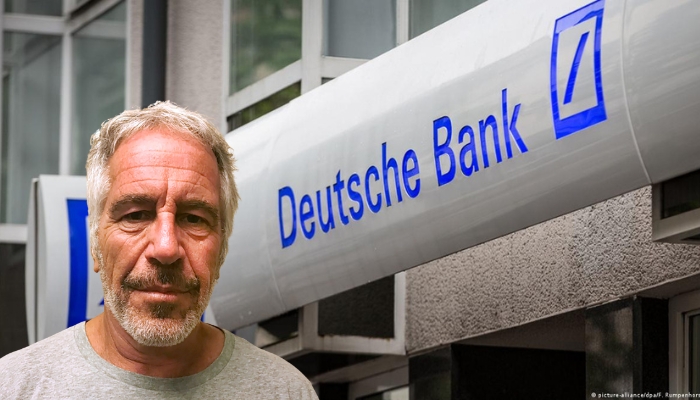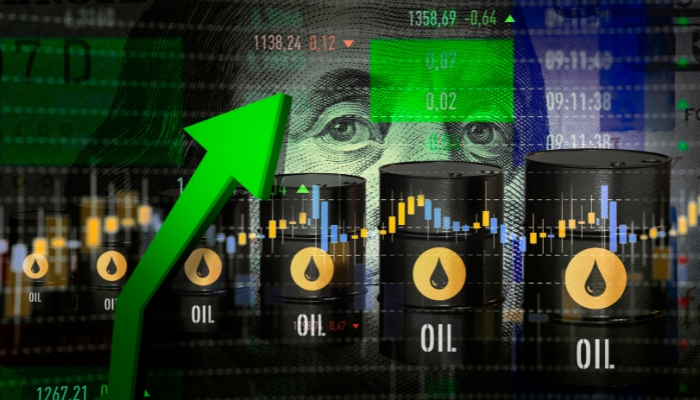Deutsche Bank Finalizes $75 Million Settlement with Epstein Victims
Anúncios
In a significant development, Deutsche Bank has received the final approval from US District Judge Jed Rakoff for its $75 million settlement with victims of Jeffrey Epstein. These victims had accused the German bank of facilitating the late financier’s alleged sex trafficking activities. While the settlement received preliminary approval in June, this final approval marks a crucial step in resolving the matter.
Judge Rakoff expressed his satisfaction with the settlement during the court hearing in Manhattan, stating, “This is, in the court’s view, a terrific settlement.” This positive response from the judge signifies the adequacy of the agreement in addressing the victims’ claims.
Notably, Deutsche Bank has not admitted to any wrongdoing as part of this settlement, maintaining its stance throughout the legal proceedings. The agreement aims to provide compensation to women who have alleged sexual abuse or trafficking by Jeffrey Epstein and his associates. The period covered by the settlement extends from August 19, 2013, until Epstein’s death in a Manhattan jail six years later.

Epstein had been awaiting trial on criminal charges related to trafficking young women and teenage girls for sex. It’s worth mentioning that Epstein’s death in jail was ruled a suicide by New York City’s medical examiner.
The lead plaintiff in the lawsuit was identified as “Jane Doe 1,” who claimed to have suffered sexual abuse by Epstein from 2003 to 2018. She also accused Deutsche Bank of failing to recognize red flags associated with Epstein’s actions. During the period in question, Epstein was a client of Deutsche Bank, starting in 2013 until 2018, after being a client of JPMorgan Chase for a duration of 15 years.
Deutsche Bank acknowledged an error in accepting Epstein as a client, which further underlines the importance of thorough client due diligence by financial institutions.
In a related development, Judge Rakoff approved the fees for lawyers representing the victims, granting them 30% of the settlement amount. David Boies, one of the lawyers involved, emphasized that this case has served as a “wake-up call” for banks, highlighting the necessity of vigilance in monitoring their clients.
This case is part of a broader trend in the financial industry, where institutions are being held accountable for their associations with individuals involved in illegal activities. It’s worth noting that in June, Judge Rakoff granted preliminary approval to JPMorgan’s $290 million settlement over similar claims. A hearing for the final approval of JPMorgan’s settlement is scheduled for November 9.
JPMorgan, which had also been sued by the US Virgin Islands over allegations of aiding Epstein, agreed last month to a $75 million settlement to resolve those claims. The bank has expressed its regret over its association with Epstein, reflecting the increasing scrutiny of financial institutions regarding their client relationships.
This case reinforces the notion that financial institutions are expected to exercise due diligence and vigilance in monitoring their clients, particularly when concerns about illicit activities or individuals are raised.
See also: Financial Implications of the Israel-Hamas Conflict





